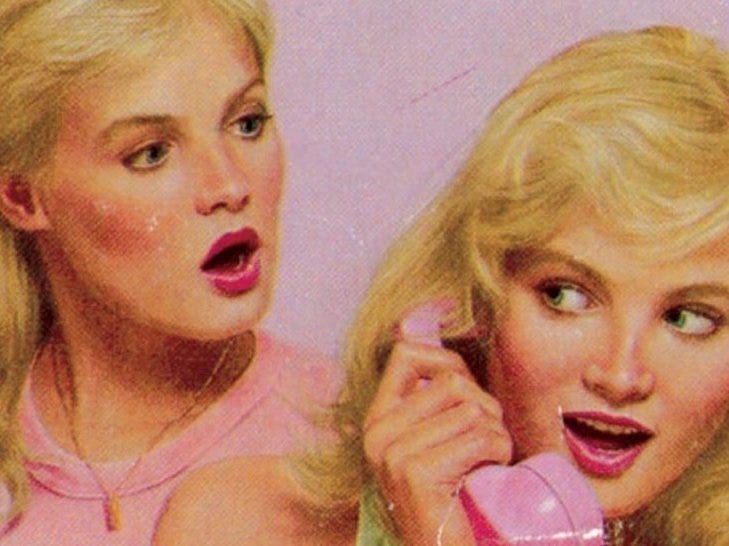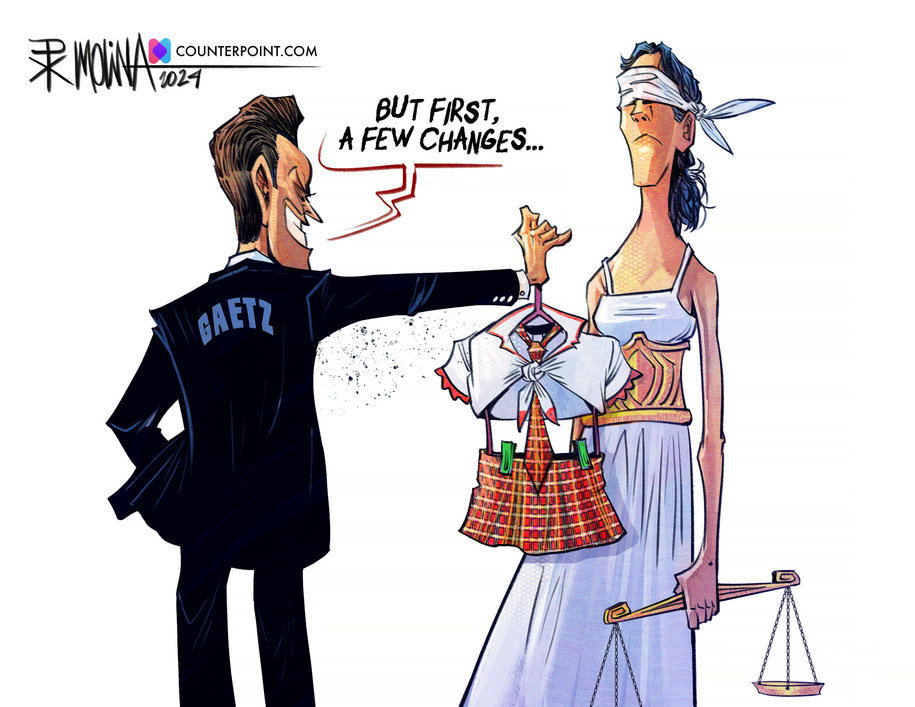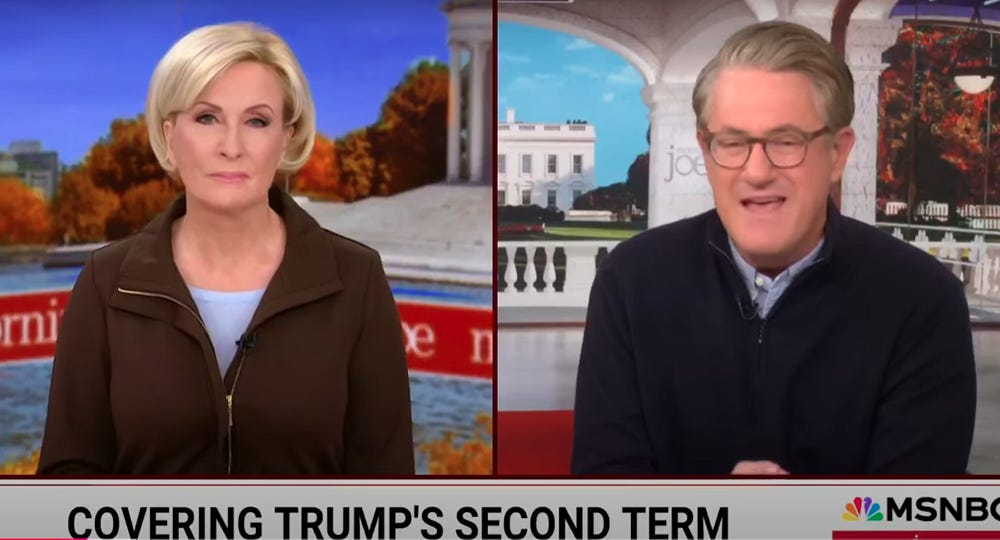The first Sweet Valley High book I ever took out from the library was part of a bargain. I would be allowed to read Double Love (Sweet Valley High #1) — in which blonde twins Elizabeth and Jessica Wakefield duke it out over dreamy but incredibly dull basketball player Todd Wilkins — so long as I read a biography of Helen Keller first. I knew my mom was disappointed — revolted, really, by the name alone, nevermind the fact that it was a book about rich blonde twins in California fighting over a man, and I don’t think she was ever fully convinced that it wasn’t some kind of Nazi thing — but even as a kid, I loved my trash. The next visit to the library, I got Secrets (Sweet Valley High #2), which I was allowed to read in exchange for reading a biography of Eleanor Roosevelt first. And on it went!
Francine Pascal, the creator of the Sweet Valley High series, passed away on Sunday at the age of 92. According to her daughter, the cause of death was lymphoma.
Via the New York Times:
Ms. Pascal wrote the first 12 books in the series, then worked with a team of writers to keep a steady, rapid publication pace, often a book a month. She would draft a detailed outline, then hand it to a writer to flesh out while relying on what Ms. Pascal called her “bible” — a compendium of descriptions of the personalities, settings and dense web of relationships that defined life in Sweet Valley.
“I can’t have any deviation, no matter how small, because it can impact future stories,” she told her daughter Susan Johansson in an email shortly before her death. “The better writers follow my outlines perfectly.”
Ms. Pascal had never been to Southern California when the first books appeared, starting with “Double Love,” in which the Wakefield twins fight over the same boy, a basketball star named Todd Wilkins.
I feel like I probably remember “the bible.” Every book started with a description of the girls as being 5’6”, “perfect size sixes” with “aquamarine eyes” and “sun-streaked blonde hair” — each with a dimple on her left cheek, always wearing the “lavalier necklaces” (not that I knew what that even was) that their parents bought them for their 16th birthday. The only way you could tell them apart, aside from the way they styled their hair, was that Jessica had a birthmark on her shoulder. Naturally, there was no small amount of “switching places” drama.
We’ve finally gotten to a point where Young Adult fiction has gained more respect and is even regularly read by adults. I think there’s something nice about that, especially as it pertains to femme-coded young adult fiction, because, man — we really do send girls a hard message sometimes that everything they like and everything meant to be directed towards them is “stupid.” But the women I knew who grew up loving Sweet Valley High are all smart bitches who grew up loving a wide variety of books, not just ones about “dazzlingly gorgeous” twins who drove around white sandy beaches in a Fiat Spider, whatever the hell that even is.
It was not the deepest literary work of all time, it was certainly somewhat “problematic,” but it was fun and it felt “grown-up” in a way The Babysitters Club didn’t. And the kind of nice thing about it is that I’ve bonded with other women writers about it the same way we’ve bonded about all the other books we read at that age. Everyone hates Enid (Elizabeth’s best friend and definitely the Mallory Pike of the series) the way we all want to get drunk on Raspberry cordial, just really wanted Nancy to dump Ned Nickerson, wanted to be Jo March (also to know what the fuck blancmange was) and tried to start a “Four Pre-teen Sensations” club with our friends well before we hit double-digits.
Francine Pascal was a huge part of many of our literary childhoods and certainly part of the reason that publishers realized there were gold in them thar young adult fiction hills, which then provided opportunities for the girls who grew up reading her books to publish their own. There’s something pretty cool about that kind of legacy.









